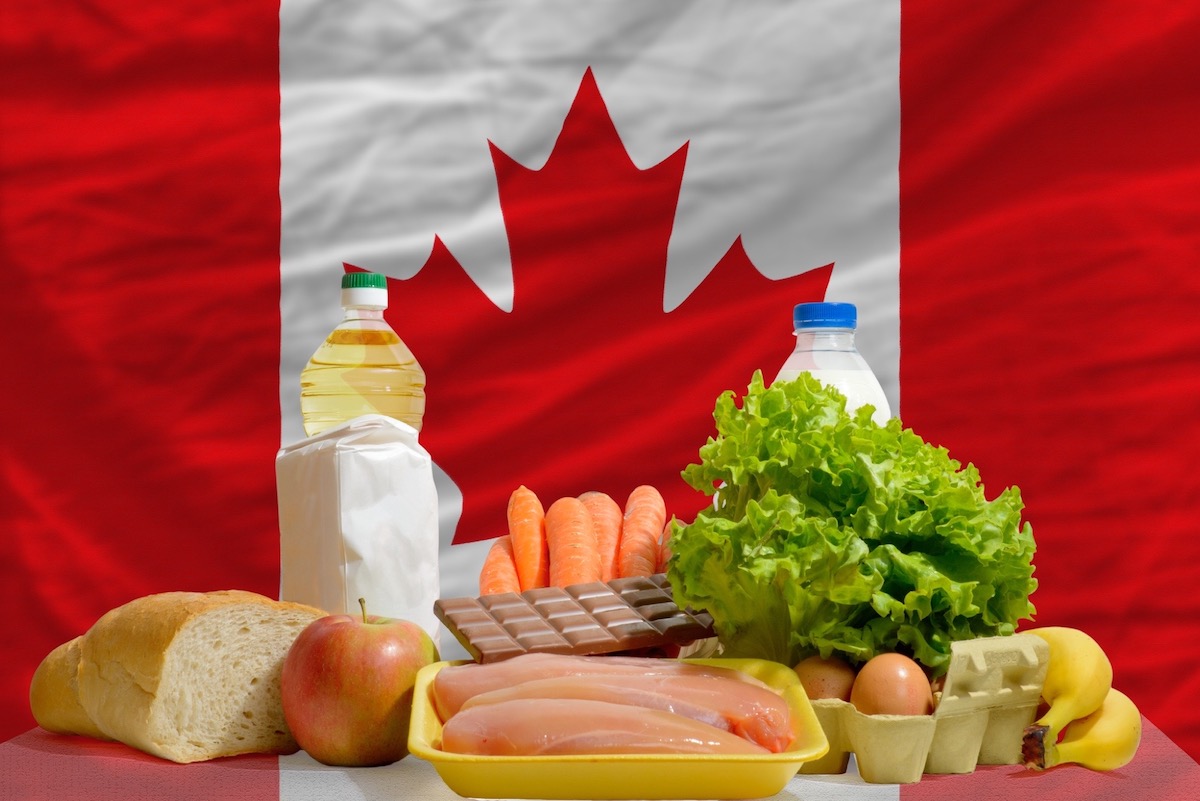Canada Strengthens Agri-Food Trade with ASEAN Markets
Canada is making significant strides in agri-food exports by exploring opportunities in the ASEAN region, particularly Indonesia, Singapore, and Vietnam. This initiative aligns with Canada's broader economic goals to diversify its trade portfolio and tap into high-potential markets.
ASEAN, comprising 10 member states including the targeted countries, represents a population of over 640 million and a combined GDP of approximately $3.6 trillion. These attributes make it an attractive region for Canadian exports, especially in agriculture and food products. Indonesia, Singapore, and Vietnam are particularly noteworthy for their robust economic growth and increasing demand for high-quality imported food products.
Key Opportunities in Indonesia
Indonesia, with its vast population and growing middle class, offers a thriving market for Canadian agri-food products. Key exports such as wheat, canola, and pulses have already gained traction. Additionally, Indonesia's focus on food security and agricultural technology creates opportunities for Canadian innovations in these sectors. By leveraging free trade agreements and reducing tariff barriers, Canada can further enhance its footprint in this promising market.
Singapore: A Gateway to ASEAN
Known for its advanced economy and high standard of living, Singapore serves as a crucial hub for re-exports across the ASEAN region. Canadian agri-food products, such as processed foods and premium goods, are in high demand. The country's openness to international trade and its strategic location make it an essential partner for Canada in strengthening its regional presence.
Vietnam: A Growing Importer of Canadian Products
Vietnam has demonstrated consistent growth in importing Canadian agri-food products like wheat, pork, and flax. With a rising population and increasing consumer spending, Vietnam's demand for high-quality food products continues to grow. By aligning with Vietnam's trade policies and focusing on long-term partnerships, Canada can solidify its position in this dynamic market.
Challenges and Strategies
While the potential for growth is immense, Canada faces challenges such as tariff and non-tariff barriers and stiff competition from other exporting nations. To overcome these, Canadian companies are encouraged to participate in trade missions, such as the one scheduled for 2024, and to work closely with regional stakeholders to understand market-specific needs. Innovations in agri-tech and sustainability can also position Canada as a preferred partner in the ASEAN market.
The ASEAN region, including Indonesia, Singapore, and Vietnam, holds tremendous potential for Canadian agri-food exports. By capitalizing on free trade agreements, enhancing trade missions, and addressing market challenges, Canada is well-positioned to strengthen its economic ties with these growing economies.
Read More






 Sunday, 08-02-26
Sunday, 08-02-26







